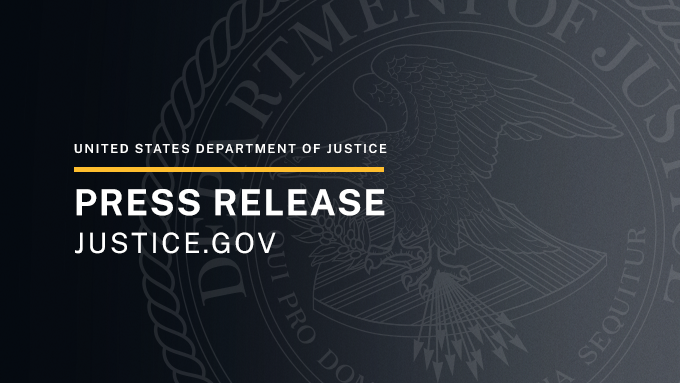A Peruvian man was sentenced today to nearly seven years in federal prison and ordered to pay more than $3 million in restitution for his role in transnational fraud schemes that targeted vulnerable Spanish-speaking consumers across the United States.
David Cornejo Fernandez, 36, of Lima, Peru, was extradited to the U.S. in November 2024 to face charges and pleaded guilty to conspiracy to commit mail and wire fraud in July.
Court documents reveal that Cornejo provided critical technology and services to fraudulent call centers operating from Peru, enabling them to scam thousands of Americans.
How the Fraud Operated
Cornejo supplied the call centers with internet-based phone lines, caller-ID spoofing tools, and pre-recorded messages, allowing operators to convincingly impersonate U.S. government officials, police officers, attorneys, and court personnel.
Victims were threatened with legal action, fines, and other consequences if they did not pay for English-language learning products they never requested.
When victims reported fraudulent numbers, Cornejo would provide new lines so the scheme could continue.
Using these tactics, he and his co-conspirators defrauded more than 8,800 Americans, collectively causing losses exceeding $3 million.
A Broader Network of Defendants
Cornejo’s sentencing marks the latest in a series of convictions linked to these transnational scams.
To date, 13 defendants have been sentenced for their roles in schemes targeting Spanish-speaking U.S. consumers, collectively defrauding over 30,000 people.
The convicted individuals include Peruvian call center owners, U.S.-based distribution center operators, and facilitators like Cornejo who provided the technological infrastructure.
Many of them collaborated, sharing strategies to impersonate government officials and exploit victims.
Extraditions and Previous Sentences
Cornejo is the ninth individual extradited from Peru and sentenced in connection with these schemes.
Previous defendants received prison terms ranging from 88 to 110 months, including Henrry Milla, Carlos Espinoza, Jerson Renteria, Fernan Huerta, Omar Cuzcano, Evelyng Milla, Josmell Espinoza, and Jose Alejandro Zuñiga Cano.
Investigations and Prosecution
The investigation was led by the U.S. Postal Inspection Service and the Justice Department’s Consumer Protection Branch.
Prosecutors Phil Toomajian and Carolyn Rice handled the case, while Assistant U.S. Attorney Annika Miranda managed asset forfeiture.
Critical support came from the Justice Department’s Office of International Affairs, the U.S. Attorney’s Office for the Southern District of Florida, the State Department’s Diplomatic Security Service, the U.S. Marshals Service, and Peruvian authorities.
The Justice Department continues to pursue similar cases involving fraud and threats against Spanish-speaking Americans.
Resources for Victims
Seniors and other vulnerable individuals affected by financial fraud can seek assistance through the National Elder Fraud Hotline at 1-833-FRAUD-11 (1-833-372-8311).
Operated by the Office for Victims of Crime, the hotline provides guidance in English, Spanish, and other languages, connecting victims with appropriate reporting agencies and resources.
More information about elder fraud prevention and the Justice Department’s Consumer Protection Branch is available at www.justice.gov/civil/consumer-protection-branch and through the Elder Justice Initiative.
Complaints can also be filed with the FTC at reportfraud.ftc.gov or by calling 877-FTC-HELP.
